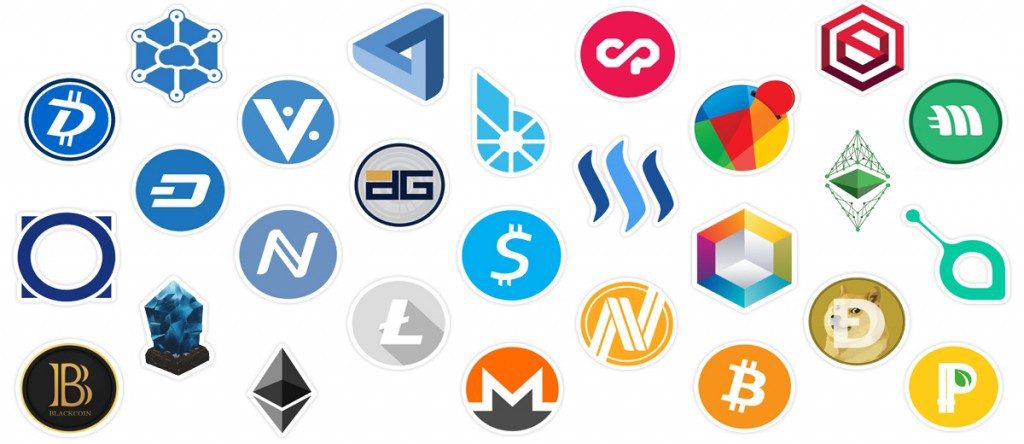are all cryptocurrencies the same
Are all cryptocurrencies the same
TThe data at CoinMarketCap updates every few seconds, which means that it is possible to check in on the value of your investments and assets at any time and from anywhere in the world https://intececologico.com/casino-review/comic-play/. We look forward to seeing you regularly!
The UK’s Financial Conduct Authority estimated there were over 20,000 different cryptocurrencies by the start of 2023, although many of these were no longer traded and would never grow to a significant size.
The first chain to launch smart contracts was Ethereum. A smart contract enables multiple scripts to engage with each other using clearly defined rules, to execute on tasks which can become a coded form of a contract. They have revolutionized the digital asset space because they have enabled decentralized exchanges, decentralized finance, ICOs, IDOs and much more. A huge proportion of the value created and stored in cryptocurrency is enabled by smart contracts.
Are all cryptocurrencies the same
Digital currencies represent an umbrella term that encompasses all types of currencies in digital format. On the other hand, cryptocurrencies are one of the subsets of digital currencies that leverage cryptographic principles to provide transaction security and operate on decentralized blockchain networks. You can notice a clear difference between digital currency and cryptocurrency from their basic definitions.
Many companies have tried to reduce volatility by introducing stablecoins, whose value is fixed to the price of fiat currency. This is usually done by depositing an equivalent amount of fiat, which can be used to redeem the tokens. However, stablecoin issuers such as Tether have used these deposits on more speculative investments, raising concerns that they are vulnerable to a market crash.
Virtual currencies are unregulated digital currencies controlled by developers or a founding organization consisting of various stakeholders involved in the process. Virtual currencies can also be algorithmically controlled by a defined network protocol. An example of a virtual currency is a gaming network token whose economics is defined and controlled by developers.
Money has been one of the key elements in how the world works. Imagine the chaos in society without a store of value and means to exchange products and services. The evolution of money has led it to the point where currency has turned digital. Most of you would have heard about digital currency and cryptocurrency quite frequently in discussions about finance and technology.
Digital currencies are assets that are only used for electronic transactions. They do not have any physical form, although they can be exchanged for regular money or other assets. Although the most popular digital currencies are cryptocurrencies like bitcoin, many national governments are considering issuing their own centralized digital currencies.

Do all cryptocurrencies use blockchain
In the cryptocurrency hall of fame, Bitcoin and Ethereum steal the spotlight. Bitcoin aims to replace traditional payment methods, while Ethereum is known for its smart contracts and Ether token. These are not just cryptocurrencies; they’re trailblazers in the crypto vs blockchain landscape.
A blockchain is a decentralized ledger of all transactions across a peer-to-peer network. Using this technology, participants can confirm transactions without a need for a central clearing authority. Potential applications can include enterprise blockchain applications, sustainability, tokenization, fund transfers, supply chain tracking and many other areas.
For an overview into web3, we recommend Demystifying web3 which discusses what business leaders should know about web3, its potential, and what no regrets decisions you can make to prepare. Here are two more recommendations.
Cryptocurrency is digital money that operates independently of banks or governments. Unlike traditional currencies, cryptocurrencies rely on blockchain technology to ensure secure and transparent transactions.
The core, major difference between crypto coins and tokens is the fact that coins have a blockchain of their own, while tokens reside on already-existing blockchains. For example, Bitcoin is a coin, since it does have a dedicated blockchain.
It’s not a matter of “better”; they serve different purposes. Blockchain is a technology that can be used for various applications beyond cryptocurrencies. Crypto, on the other hand, is a digital asset that often uses blockchain for its operation.

